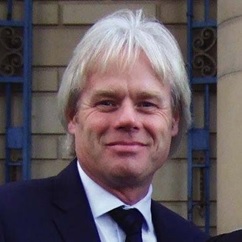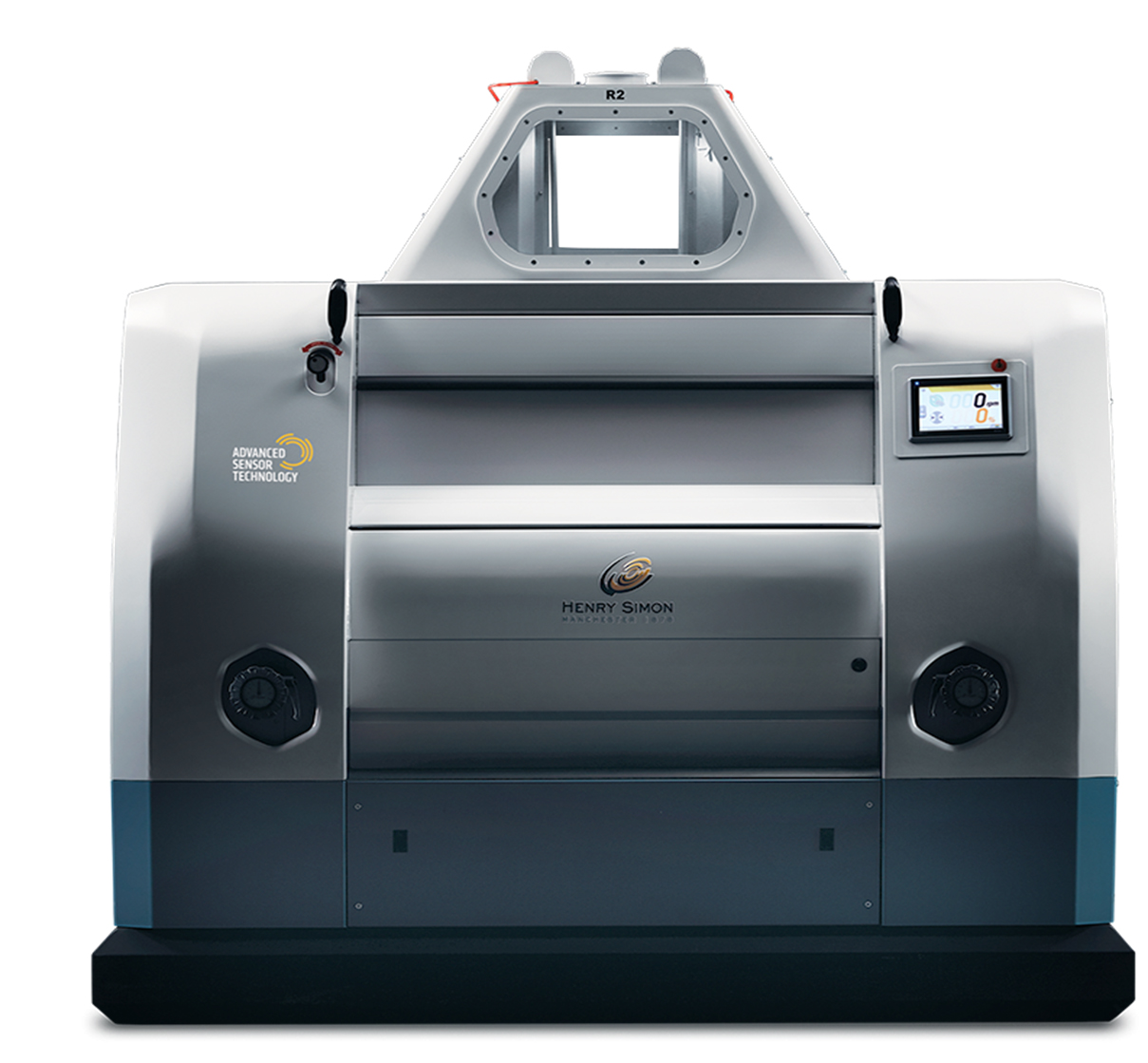


Peter Marriott, Sales Manager
Henry Simon UK
Industry 4.0 was first announced in 2011 at Hannover exhibition in Germany, and till now it has brought serious changes in industry. After the historical development steps of mechanization, mass production, and automation; today the new era has focused on higher productivity with digitalization in industrial processes.
The industrial development is almost driven by web based technologies in recent years.
And within the digital conversion, we started to hear about new technological terms like big data, IoT, cyber security, machine learning, and artificial intelligence, etc.
These terms are actually the fundamentals of new generation industrial systems. In this article, we will explain how we can benefit out of them in industrial applications, by focusing on their definitions, principles, and examples.
IoT (Internet of Things)

IoT network basically connects the physical world’s objects each other on web environment.
Today approximately 6 billion devices are connected to the web, whereas it is expected to raise up to 22 billion soon with 5G technology.
IoT is expected to allow machines, systems, and even plants to connect and communicate each other, for an integrated process management.
New generation controlled irrigation systems is an interesting example of IoT, with automated operation and process optimization in agriculture. These systems carry out the irrigation process with real-time monitoring of the soil humidity by in-ground sensors. Moreover, these devices can receive the weather forecasts by wireless network connection, and, able to schedule the irrigation periods accordingly.
Data Engineering

Today many industrial devices are able to record the operating and processing data.
This raw data stack can actually be analyzed further to get a piece of meaningful information, with using data engineering methods.
This gives us important tips to improve our processes and develop new systems: Data Collection - Data Analysis - Modelling - Machine Learning - Decision Making Systems with AI As the principles of data engineering are described above, they will provide a real insight for us to develop the artificial operating systems of future.
Machine Learning

Machine learning is a category of algorithms that allows software applications to become more accurate in predicting outcomes, without being explicitly programmed.
In other words, new generation machines will able to make predictions based on the learned data, to optimize their operating conditions themselves.
Machine learning algorithms are the basics of new programming methods in industry, which are expected to bring a higher self-managing ability for machines and systems.
As an example, silo systems are used to store grains under optimum conditions. Today temperature and humidity values can be measured in silos to sustain the optimum storage environment. Imagine if they could learn to adapt themselves according to the changing ambient conditions.
Machine learning examples can be extended for a very wide range of applications in industry.
Artificial Intelligence
.png)
Artificial Intelligence is all about trying to make machines or software mimic and eventually, supersede human behaviour and intelligence.
Industrially, AI operating systems (AIOS) are expected to provide advanced management and operation abilities, with minimum intervention and maximum productivity advantages at the same time. We have already started to talk about tomorrow’s ‘lights out’ manufacturing plants, and let us see all together how the grain milling industry will be affected by these technological developments.
‘Robots are in evolution in order to take place in autonomous and flexible duties. Soon we will come across with industrial robots which can learn, decide and even interact with people.‘
Sensor Technologies

At Henry Simon Milling, we have dedicated ourselves to develop intelligent milling systems.
For the first step of the digital conversion, we have implemented Advanced Sensor Technology™ which brings higher reliability, better operational safety, and consistent quality in milling process. In this technology, sensors are responsible for real-time tracking of the machine’s operating status and environmental conditions, to detect any fluctuation during the operation.
HSRM Roller Mill has been equipped with 12 different special sensors (Main Roll Temperature, Ambient, Motor Load, Feed Roll and Main Roll Rotation, Vibration - PMD, Air Pressure, Stock Level, Hopper Clog Sensors etc).
The new HSQP Plansifter and HSPU Purifier will be also available soon with Advanced Sensor Technology™.
More information: info@henrysimonmilling.com
Get the latest news on Henry Simon Milling and about the milling industry across the globe.






